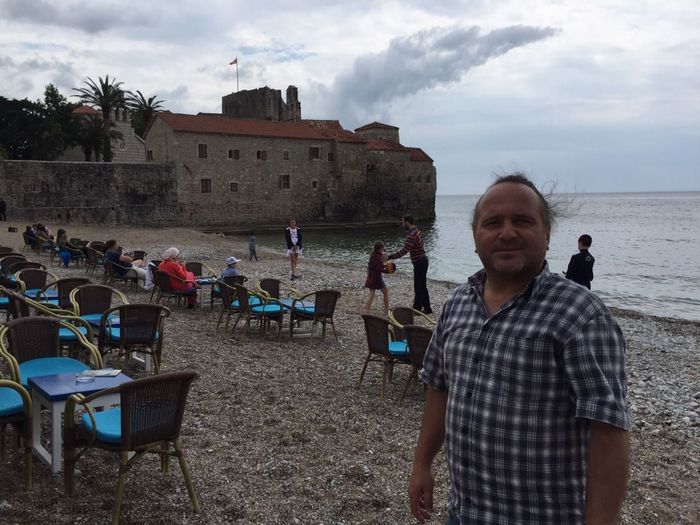Theodore Lascaris, who was warring against the Emperor Henry, took messengers and sent them to Johannizza, the King of Wallachia and Bulgaria. And he advised Johan nizza that all the forces of the Emperor Henry were fighting against him (Lascaris) on the other side of the straits towards Turkey; that the emperor was in Constantinople with but very few people; and that now was the time for vengeance, inasmuch as he himself would be attacking the emperor on the one side, and Johannizza on the other, and the emperor had so few men that he would not be able to defend himself against both. Now Johannizza had already engaged a great host of Comans, who were on their way to join his host; and had collected together as large a force of Wallachians and Bulgarians as ever he could. And so much time had now gone by, that it was the beginning of Lent (7th March 1207).
Macaire of Sainte-Menehould had begun to build a castle at Charax, which lies on a gulf of the sea, six leagues from Nicomedia, towards Constantinoplet And William of Sains began to build another castle at Cibotos, that lies on the gulf of Nicomedia, on the other side, towards Nice. And you must know that the Emperor Henry had as much as he could do near Constantinople; as also the barons who were in the land. And well does Geoffry of Villehardouin, the Marshal of Champagne and Roumania, who is dictating this work, bear witness, that never at any time were people so dis tracted and oppressed by war; this was by reason that the ; were scattered in so many places.
SIEGE OF ADRIANOPLE BY JOHANNIZZA SIEGE OF SKTZA AND CIBOTOS BY LASCARIS
Then Johannizza left Wallachia with all his hosts, and with a great host of Comans who joined themselves to him, and entered Roumania. And the Comans overran the country up to the gates of Constantinople; and he himself besieged Adrianople, and erected there thirty-three great petraries, which hurled stones against the walls and the towers. And inside Adrianople were only the Greeks and Peter of Radinghem, who had been set there by the emperor, with ten knights. Then the Greeks and the Latins together sent to tel) the Emperor Henry how Johannizza had besieged them, and prayed for succor guided istanbul tour.
Much was the emperor distraught when he heard this; for his forces on the other side of the straits were so scattered, and were everywhere so hard pressed that they could do no more than they were doing, while he himself had ‘but few men in Constantinople. None the less he undertook to take the field with as many men as he could collect, in the Easter fortnight; and he sent word to Sldza, where most of his people were, that they should come to him. So these began to come to him by sea; Eustace, the brother of the Emperor Henry, and Anseau of Cayeux, and the main part of their men, and thus only Peter of Bracieux, and Payen of Orleans, with but few men, remained in Skiza.
When Theodore Lascaris heard tidings that Adrianople was besieged, and that the Emperor Henry, through utter need, was recalling his people, and did not know which way to turn whether to this side or to that so heavily was he oppressed by the war, then did Lascaris with the greater zeal gather together all the people he could, and pitched his tents and pavilions before the gates of Skiza; and many were the battles fought before Skiza, some lost and some won. And when Theodore Lascaris saw that there were few people remaining in the city, he took a great part of his host, and such ships as he could collect on the sea, and sent them to the castle of Cibotos, which William of Sains was fortifying; and thev set siege to the castle by sea and land, on the Saturday In mid-Lent (31st March 1207).
Within were forty knights, very good men, and Macaire of Sainte-Menehould was their chief; and their castle was as yet but little fortified, so that their foes could come at them with swords and lances. The enemy attacked them by land and by sea very fiercely; ami the assault lasted during the whole of Saturday, and our people defended themselves verv well And this book bears witness that never did fifty knights defend themselves at greater disadvantage against such odds. And well may tliis appear, for of the knights that were there, all were wounded save five only; and one was killed, who was nephew to Miles the Brabant, and his name was Giles.






